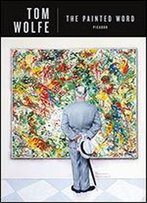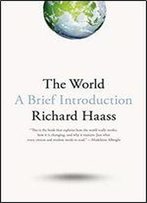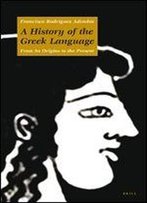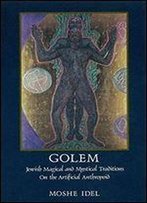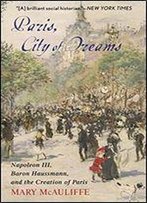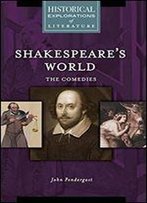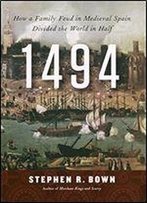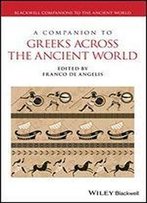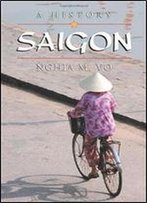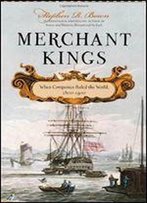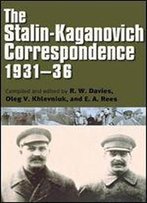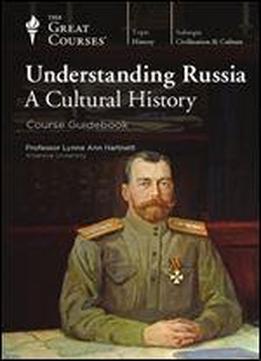
Understanding Russia: A Cultural History
by Lynne Ann Hartnett /
2018 / English / PDF
58.8 MB Download
Russia’s global importance is undeniable. After a brief period of decline after the Soviet Union dissolved, the Russian state has reemerged in the 21st century with a geopolitical influence that rivals some of its most significant eras. Yet for as much as Russia demands the attention of Western policy makers, there remains uncertainty about Russian objectives on the world stage and confusion about what motivates the leaders who direct this immense land. Even as Russian art and music captivated the larger outside world, for many in the West, Russia and its people seemed enigmatic, shrouded in mystery. To a surprising extent, it still seems to be.
Stretching across two continents from the Baltic Sea to the Pacific Ocean and occasionally beyond, Russia is unique on the world stage and has been for centuries. It is neither fully European, nor fully Asian. For most of its history, it has been more of an empire than a nation a dynamic power whose expanse and continued expansion was both at the basis of its greatness and the essence of its greatest struggle. For much of the country’s history, Russian artists, philosophers, revolutionaries, and rulers have sought to define what it meant to be Russian and to promote a culture and identity that could bring both unity and legitimacy to this massive political state. While Russian history has been shaped by centuries of triumph and tragedy, progress and despotism, glory and revolution, the cultural developments fostered by this political turbulence prove an enduring legacy.
